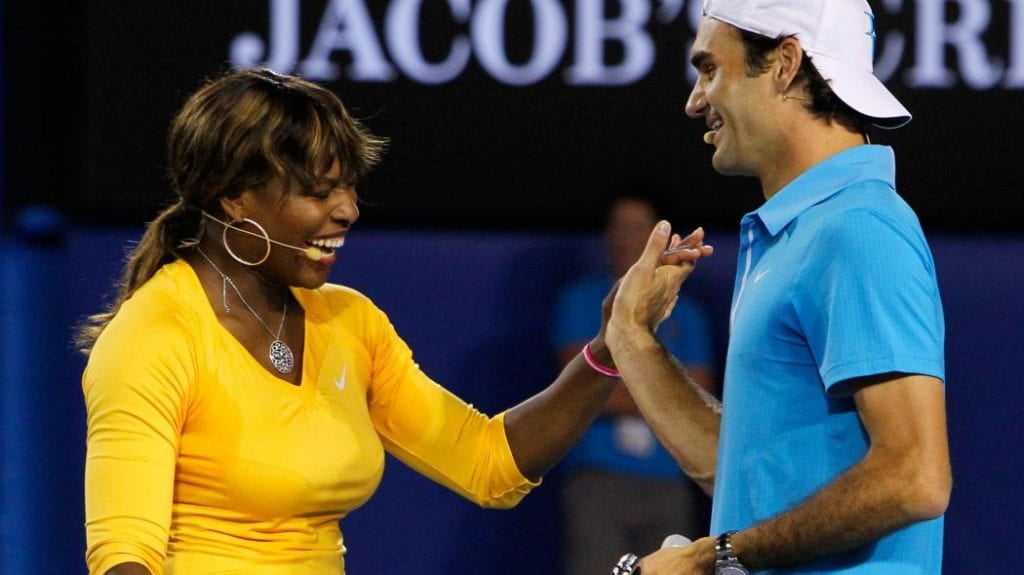Williams took leave last year prior to the birth of her first child Alexis Olympia. At the time she was the world’s number 1, having won her last tournament, The Australian Open, several weeks pregnant. Now she will return to the circuit with a 449th ranking.
Although Williams is able to enter eight tournaments this year with protected ranking, she’s prohibited from being seeded in Paris under current regulations. This means Williams could meet World No.1 Simona Halep in the first round of the tournament.
“I would like to see that change.” Maria Sharapova said at last week’s Italian Open.
“It’s such an incredible effort for a woman to come back from physically, emotionally. Tennis is such a selfish sport, but I think when there’s a child in your life you lose a little bit of that, because there’s something that’s so much more important.”
Halep added the debate was about “more than tennis”.
Multiple Grand Slam winner, Chris Evert was more emphatic in her response to the decision.
“It’s wrong,” she told ESPN. “Not just for her but or the other women who could play her in the first round … It’s about protecting the field too.
“It’s not like you decide to take a year off. I mean if you are forced out of the game for a specific reason, whether it be maternity or injury, you need to be protected,” she went on.
“You don’t have to put her back at No.1 because she left at No.1 but try to figure out some sort of happy medium where it’s fair for all.”
The question of fairness is certainly valid. Where women who take maternity leave in the regular workforce are protected and able to return to their same position months later, this is not the case in tennis. There are no industrial law protections in place for professional, female players.
The WTA has responded to player disgruntlement–particular World Number 4 James Blake’s comments that not seeding Williams was tantamount to “punishment”– and have promised to review the protocol.
“This past year, the WTA made adjustments in order to align a player who is out for pregnancy with a player who is out for a long term injury,” they said in a statement.
“This provides for a player to return with a protected ranking but does not allow for a player to be seeded based upon the special ranking which was put in place.
“When reviewing these rules the players have traditionally expressed they do not feel that a player coming back from a long-term lay-off, for any reason, should be allowed to be seeded.
“I do expect that this rule will be reviewed further as part of our 2019 rules process.
“As always, we remain committed to reviewing the evolving needs of our players and are very supportive of those players returning from pregnancy to the tour.”
One thing’s for certain, Williams is likely to return with a good amount of fire in the belly, raring to prove that Roger Federer’s assessment of her is indisputable.
“It’s been fascinating to watch. She had a totally different upbringing—I came up through Switzerland with the federation, she did it with her dad and her sister. It’s an amazing story unto itself—and then she became one of the greatest, if not the greatest tennis player of all time,” Federer told the Wall Street Journal this week.
We don’t disagree.


